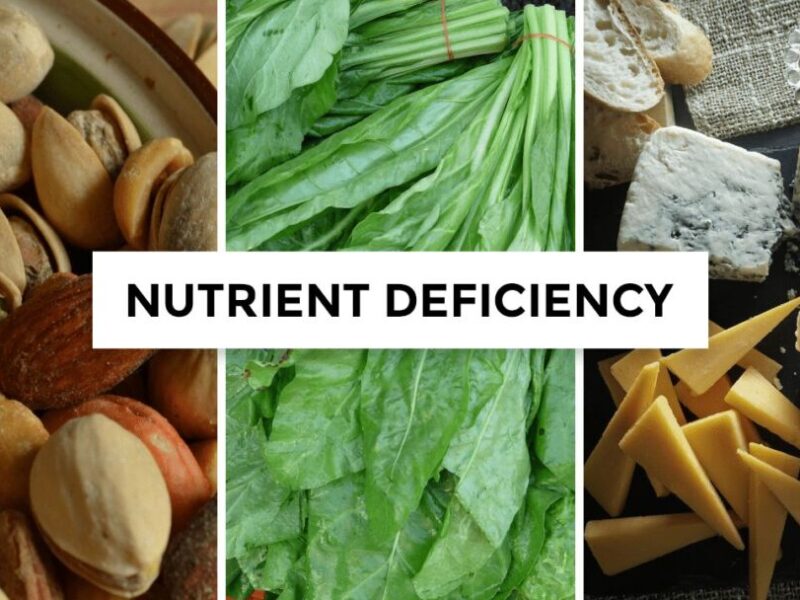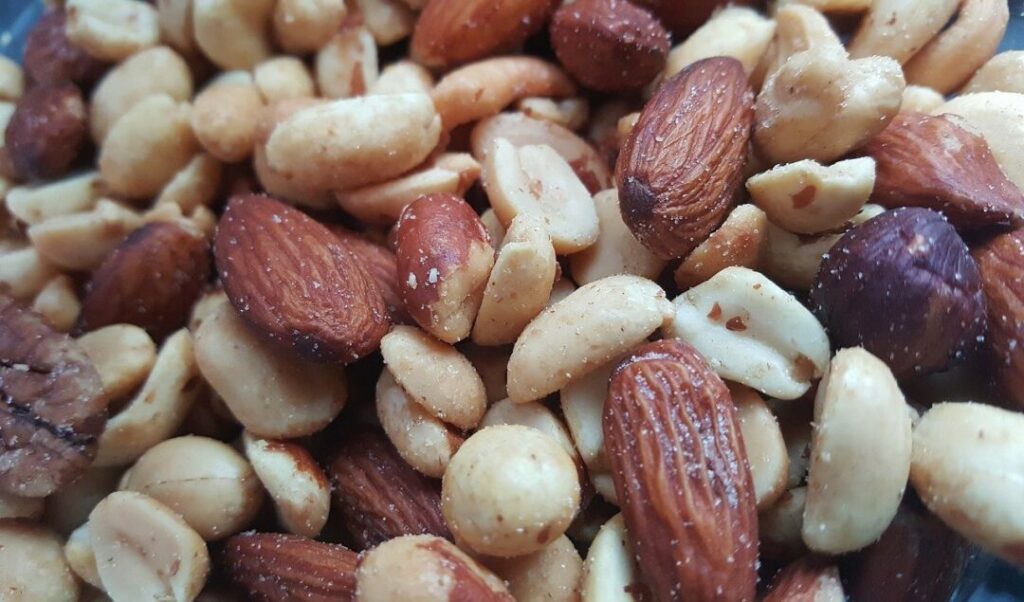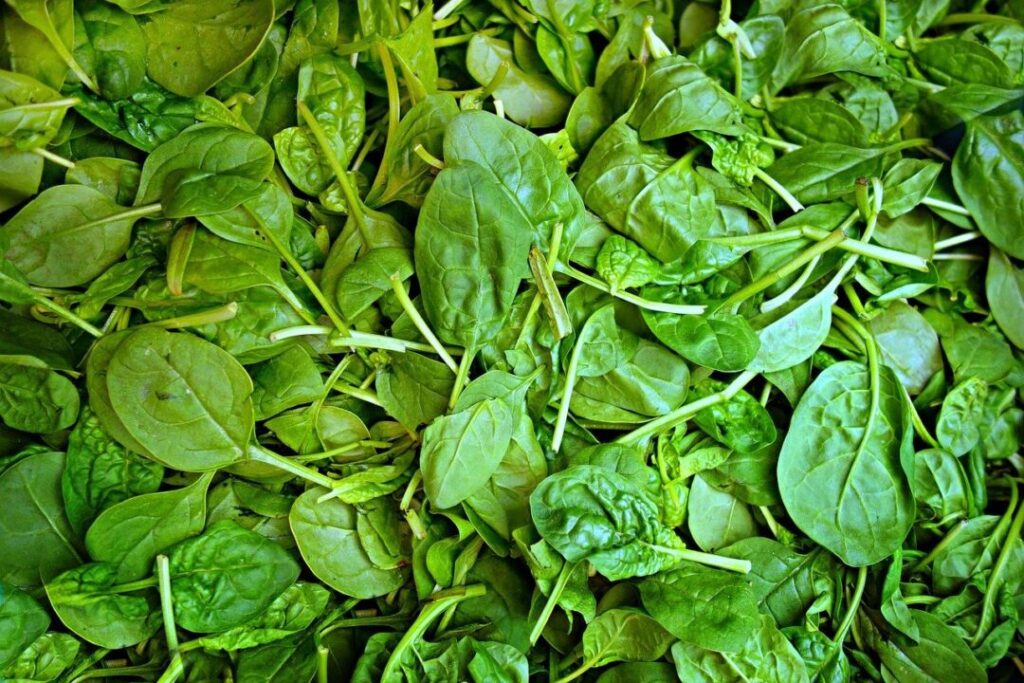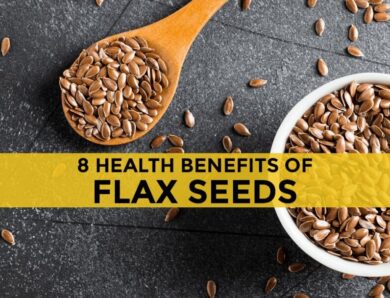
7 Types of Nutrient Deficiency That Are Common
Nutrient deficiency is a serious problem. It can lead to serious health issues, including osteoporosis and anemia. And while you can’t prevent it in every case, there are some common nutrient deficiencies that everyone should be aware of. In this article, we’ll cover the seven most common nutrients that we need and they are:
Vitamin D
Vitamin D is a fat-soluble vitamin that helps your body absorb calcium, which is important for bone health. It also plays a role in regulating your thyroid hormones.
It can be found in food sources like eggs, salmon, tuna, and cod liver oil supplements. Your body produces vitamin D when exposed to sunlight (or UVB rays from tanning beds). You can get enough through diet as well: an estimated 90% of adults don’t get enough on their own.
If you have low levels of vitamin D (less than 40 nanograms per milliliter), you may experience fatigue or muscle weakness; if left untreated it could lead to an increased risk of certain cancers such as colon cancer or prostate cancer; as well as autoimmune diseases such as multiple sclerosis (MS).
Iodine

Iodine is an essential mineral that helps your body produce thyroid hormones, which regulate metabolism. Its deficiency is the most common cause of preventable brain damage worldwide.
When you eat foods rich in iodine, it goes directly to your glands and tissues where it plays a role in DNA synthesis and cell division. It also helps regulate growth and development during pregnancy by helping to form new cells for your baby’s brain, bones, and muscles.
Magnesium

Magnesium is a mineral that’s important in the body for muscle relaxation, nerve function, and bone health. Its deficiency is common in the United States, but you can get it from whole grains and nuts or seeds like almonds or chia seeds.
Iron

Iron deficiency is the most common nutrient deficiency in the world. It plays an important role in the production of hemoglobin, which carries oxygen throughout your body. If you don’t have enough iron in your diet, it can lead to anemia, fatigue, and dizziness.
To prevent iron deficiency:
- Eat more high-iron foods such as red meat and beans (beans are also high in folate).
- Avoid alcohol consumption as this depletes vitamins A and C from your body which is crucial for the absorption of dietary iron.
Vitamin A

Vitamin A is a fat-soluble vitamin that’s important for healthy eyes and skin.
Its deficiency can cause night blindness, dry eyes, and sometimes even blindness. The most common sources of vitamin A are dairy products (including milk), eggs, fish, and liver. Vitamin A deficiency can be treated with supplements or dietary changes if you’re unable to get enough through food sources alone.
Calcium

Calcium is an essential mineral that helps your body maintain strong bones and teeth. It’s important for developing babies, as well as adults who have low bone mass or risk of osteoporosis.
Calcium deficiency is common in children and adults—and can lead to weak bones and tooth loss if left untreated. Food sources include dairy products, dark green leafy vegetables (like kale), nuts & seeds (walnuts contain about twice as much calcium as almonds), and sardines & salmon are also high in calcium content. You can also get additional calcium by eating fortified orange juice or soy milk; however, this option isn’t always available so it may be best to eat these foods instead of relying on supplements alone without knowing if you’re deficient!
Vitamin B12
Vitamin B12 is an important water-soluble vitamin that helps support the formation of red blood cells and the maintenance of a healthy nervous system. It’s also essential for reproduction, DNA synthesis, and nerve cell communication.
Vitamin B12 deficiency can cause anemia, fatigue, weakness, and constipation as well as depression or irritability if left untreated.
If you’re deficient in vitamin B12 or have any symptoms associated with it (such as fatigue), talk to your doctor about taking supplements before symptoms become too severe or permanent health issues develop from a lack of nutrients like this one!
You can prevent nutrient deficiency by eating a healthy diet
- Eat a balanced diet.
- Eat foods rich in vitamins and minerals.
- Avoid processed foods, which often lack nutrients or may have been preserved with chemicals that can be unhealthy for your body.
- Eat a variety of foods to ensure you get all the nutrients you need. And finally…drink plenty of water! This may seem like common sense but many people forget about it when they start eating healthy.
Conclusion
Hopefully, this article has given you a better understanding of the importance of getting your daily dose of vitamins and minerals. Remember that healthy food choice are always the best way to ensure you have everything your body needs for optimal health!





